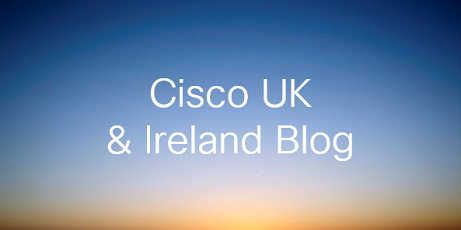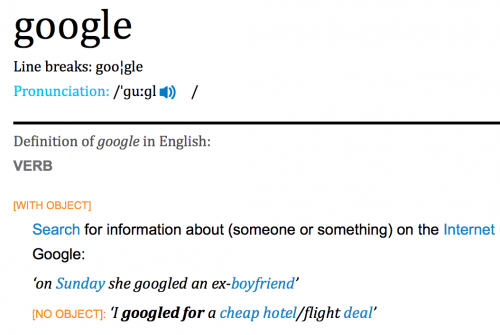
If I ask you to name a few brand-verbs, you’re going to find it easier than you think. Here in the UK you’re likely to start with Hoover. In the US it may be Xerox. Or one so glaringly obvious – we often overlook that Google is even a brand in the first place.
So is this a good thing or a bad thing?
Corporations used to try to prevent their brand names becoming verbs. Fearful they may follow the same path as brand-nouns like Trampoline and Escalator. Instances where a once thriving brand has become such an accepted noun that the company has lost the legal trademark – Quite obviously a catastrophe right?
Well… perhaps those brands just weren’t playing the right game.
Usually brand-verbs spring up where there’s a gap to fill in our vocabulary… “I’m just going to clean the floor with the vacuum cleaner dear”. “Ok hun, I’ll be in the study performing an internet search query for tonight’s recipe”. But this is not always the case. The word ‘photocopy’ has been around for a century – A perfectly good word. The Xerox brand is still going strong at 55years young, in spite of being a brand-verb for most of that time. It appears to have worked out well for them.
The ‘ing’ in branding cannot be overlooked. Keeping a brand moving is vital. A nice example is GoPro video cameras, recently given a ludicrously high market value. There is nothing particularly innovative about the product. There are umpteen alternatives. The true value is in the deliberate brand-verb, GoPro-ing: To capture and share video of extreme, adrenaline fuelled activity. If your brand embodies your vision and your people, as well as your products and services then you can have the best of both; the marketing power of a globally accepted brand-verb and the power to define it, own it, and bring it to life.
So really it’s all to play for, and there’s no room for two brand-verbs for the same action.
Microsoft has gone on a Google offensive – actively encouraging the use of ‘Bing’ as a verb. But the one that recently surprised me was their decision to retire Lync in favour of Skype. I thought of Lync as a decent descriptor; Linking platforms. Linking people. Whereas Skype is already synonymous with economical VoIP calling; The chosen platform for expatriate grandparents. So where are they taking this?
In communications, both the technology and the terminology need to become ubiquitous. Proprietary rarely has the legs. Of course Cisco, with our market share of business communications, have a significant interest in how this pans out. We are working towards the same ultimate goal – In the same way I grew up thinking of the telephone as a utility rather than a technology, my children will have the same opinion of a combined text+voice+video platform. They won’t need to think about how it all works. It will just work. And it will all work together. We just need to settle on an appropriate verb, and I doubt it will be a brand-verb.
I’ll finish off with a special call-out for Spam. Possibly the toughest brand I know. Rather than just becoming a reference to all canned ham, we Marketing types have given the term spam a completely different meaning – unsolicited, indiscriminate commercial email.
So did they roll over? Not a bit of it!
Reference: http://en.wikipedia.org/wiki/List_of_generic_and_genericized_trademarks


